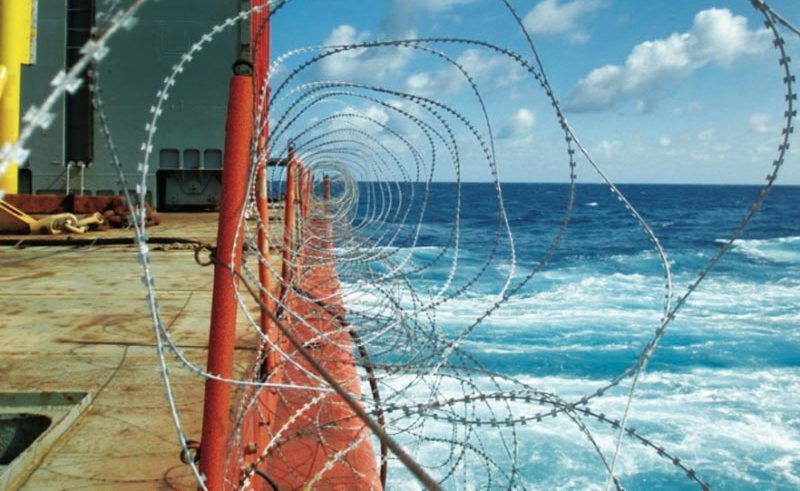Bulker attacked by pirates in the Singapore Strait

Recent reports from UK maritime security consultancy Ambrey highlight a troubling trend in the Singapore Strait. A bulk carrier was boarded by four armed individuals while navigating the Philip Channel. This incident occurred just 12 nautical miles northwest of Pulau Terung, Indonesia. It marks yet another attack in a series of similar events that have plagued this vital shipping route in recent months. The rise in piracy and armed assaults in the region has raised alarms among maritime security experts and shipping companies alike.
Details of the Latest Attack
The attack on the bulk carrier took place yesterday, underscoring the increasing dangers faced by vessels in the Singapore Strait. The assailants were reported to be carrying knives, a detail that adds to the severity of the situation. The ship involved had a low freeboard, estimated at 6.25 meters. This characteristic makes it more vulnerable to boarding attempts, as attackers can easily access the vessel. The Singapore Strait is a crucial maritime corridor, and incidents like this threaten not only the safety of crews but also the security of global trade.
Ambrey has noted that vessels with freeboards lower than 10 meters are at a heightened risk of such attacks. The consultancy advises crews to take immediate precautions. These include locking down access to the accommodation block and securing ship’s stores. Such measures are essential to protect crew members and valuable cargo from potential theft or harm. The frequency of these incidents raises questions about the effectiveness of current maritime security protocols in the region.
Implications for Maritime Security
The recent surge in piracy incidents in the Singapore Strait has significant implications for maritime security. Shipping companies must reassess their risk management strategies. The safety of crew members and the integrity of cargo are paramount. As attacks become more frequent, the maritime industry must adapt to these evolving threats. This includes investing in better security measures and training for crews navigating high-risk areas.
Furthermore, the international community must take action to address the root causes of piracy. Collaborative efforts between nations and maritime organizations are crucial. Enhanced surveillance, increased naval presence, and improved communication among vessels can help deter future attacks. The situation in the Singapore Strait serves as a reminder of the ongoing challenges faced by the maritime industry. As shipping routes become increasingly dangerous, proactive measures are essential to ensure the safety of all who traverse these waters.
